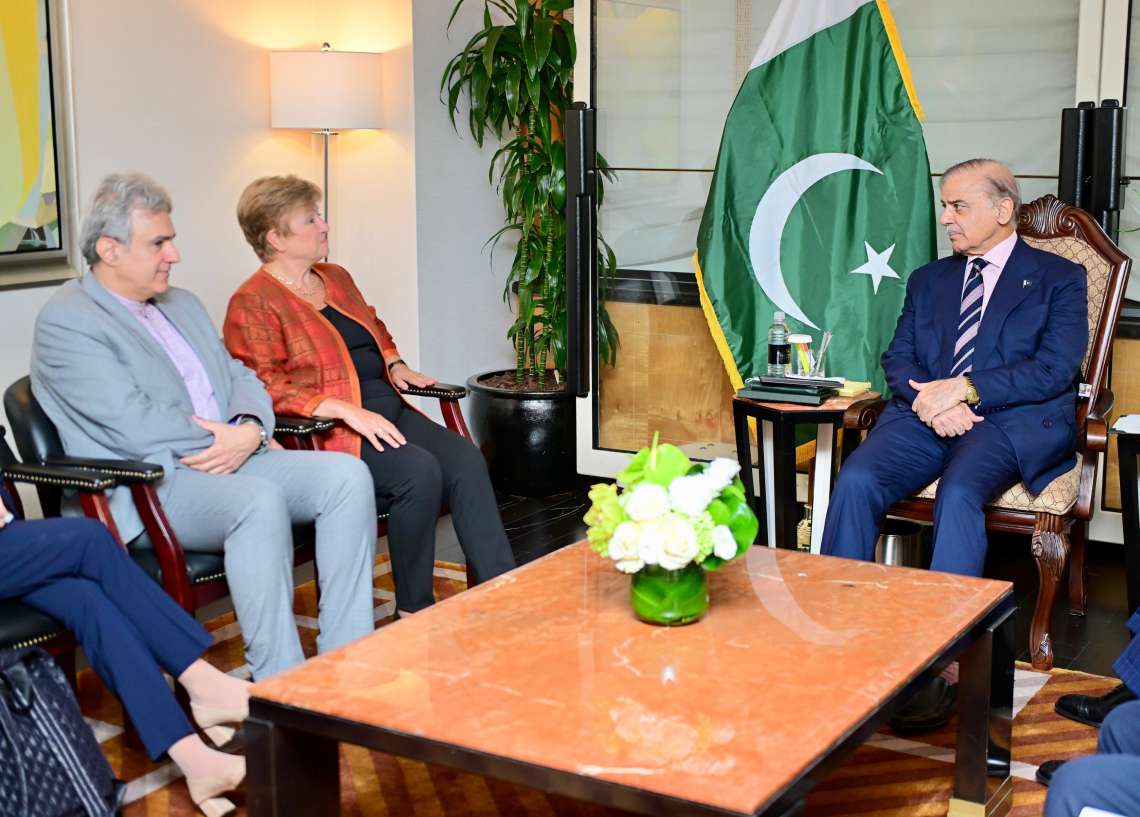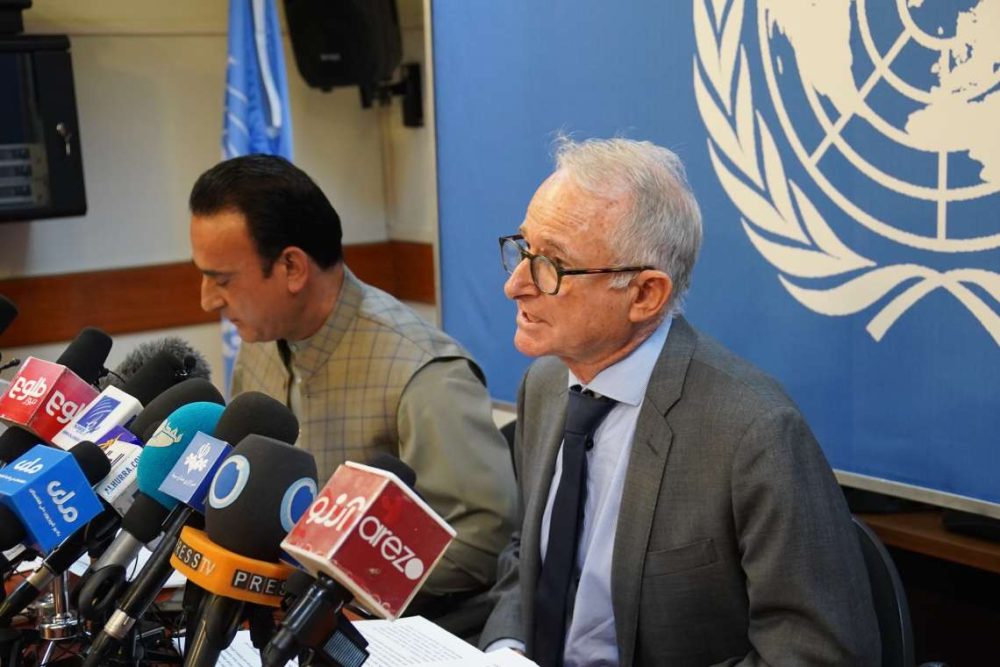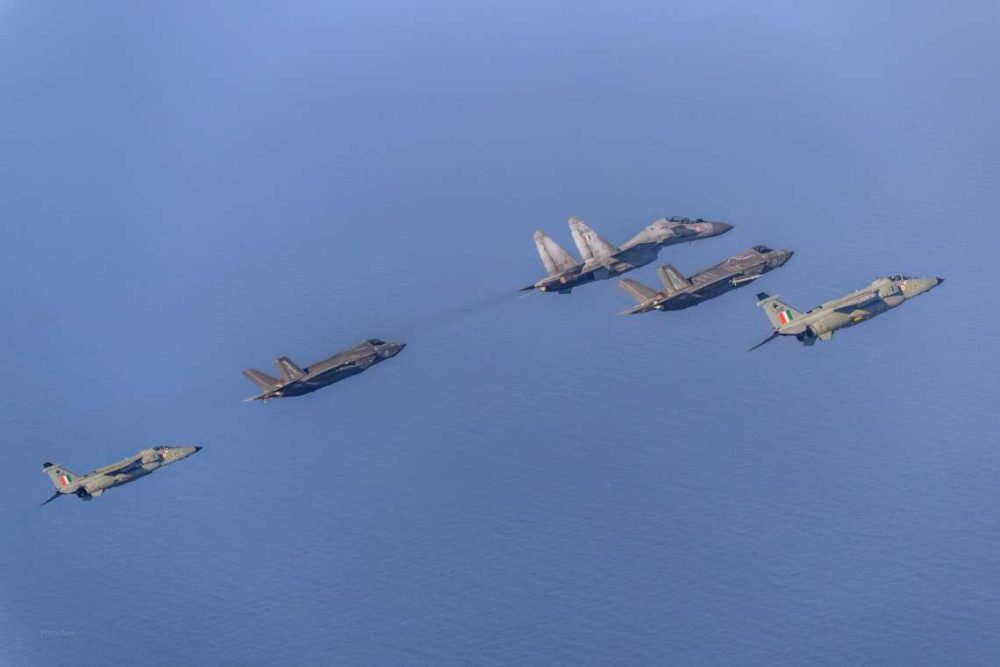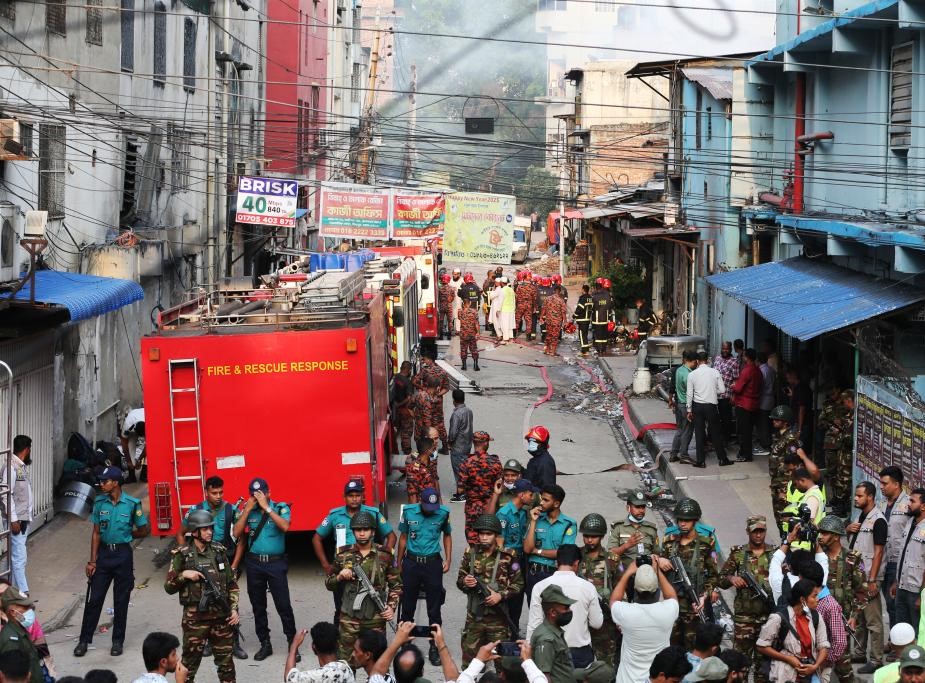Nepal clears way for Gen-Z voters with urgent ordinance, as interim PM Sushila Karki expands cabinet, prepares for March 2026 polls, and secures strong support from India….reports Asian Lite News
Nepal has taken a significant step towards strengthening democratic participation, with President Ram Chandra Paudel issuing an ordinance to amend the Voter Roll Act, 2016, ensuring that newly eligible Gen-Z voters will not be excluded from the upcoming elections. The move comes amid political turbulence, deadly protests, and the formation of an interim government tasked with restoring order and preparing for fresh polls.
The ordinance, issued on Wednesday under Article 114(1) of the Constitution, was based on recommendations from the Council of Ministers. It specifically amends Section 4(2)(2) of the Voter List Act, which previously barred voter registration once an election date had been announced. This legal provision had threatened to disenfranchise thousands of young citizens who had only recently reached voting age.
The interim government, led by former Chief Justice Sushila Karki—the first woman to hold the role of prime minister in Nepal—has announced that parliamentary elections will be held on 5 March 2026. The change in law clears the path for broader youth participation, addressing one of the core demands of the protest movements that toppled the previous government.
Until now, the law stated, “Once the date of election is announced, no voter registration shall be made for that election.” This provision meant that only those registered by 12 September would have been eligible to vote, effectively excluding tens of thousands of Gen-Z citizens who had been active in Nepal’s political protests.
The Election Commission’s data highlights the scale of the issue. As of April 2025, Nepal had 18,148,654 registered voters—an increase of just 160,054 since November 2022. The exclusion of newly eligible youth would have raised serious questions about the inclusivity of the upcoming polls. The ordinance, therefore, is seen as a corrective step to align electoral law with the democratic aspirations of the younger generation.
Political context and the rise of Karki
The legal amendment follows weeks of unrest in Nepal. Protests on 8 and 9 September, marked by violence and clashes with security forces, left at least 74 people dead. The turmoil forced former Prime Minister KP Sharma Oli to resign. Responding to pressure from youth-led movements, President Paudel dissolved the House of Representatives and, on 12 September, appointed Sushila Karki as interim prime minister.
Karki, who previously served as Nepal’s Chief Justice, has been tasked with stabilising the political environment and conducting elections within six months. Her appointment marks a watershed moment, not only because she is the first Nepali woman to lead a government, but also because it reflects the influence of youth-led activism on the nation’s politics.
As part of her initial steps, Karki has expanded her interim cabinet. On Monday, four additional ministers were sworn in during a ceremony at the President’s Office in Kathmandu. Anil Kumar Sinha, a former Supreme Court justice, took charge of three portfolios—industry, commerce and supplies; land management, cooperatives and poverty alleviation; and law, justice and parliamentary affairs. He joined Mahabir Pun, appointed as minister for education, science and technology; Madan Prasad Pariyar, minister for agriculture and livestock development; and Jagdish Kharel, minister for communication and information technology.
The interim government had already inducted its first three ministers on 15 September, rounding out a cabinet designed to balance technocratic expertise with the urgent demands of governance.
India reaffirms support
Nepal’s political turbulence has drawn close attention from its neighbour India, which reiterated its commitment to supporting Nepal’s stability and democratic transition. Ministry of External Affairs spokesperson Randhir Jaiswal emphasised India’s “unwavering support” during a press briefing last week, noting that New Delhi would continue to assist Nepal in ensuring peace, stability, and prosperity.
“When the new interim government happened in Nepal, we issued a statement. We welcomed the new interim government. Post that, we had a telecon conversation between our Prime Minister and Prime Minister Karki, where we reiterated and reaffirmed our steadfast support to Nepal,” Jaiswal said.
Prime Minister Narendra Modi also held a phone call with Karki, offering condolences for lives lost during the protests and extending greetings on the eve of Nepal’s National Day. Modi reaffirmed India’s readiness to work closely with Nepal, underscoring the “special ties” that bind the two nations.
The coming months will test the interim government’s ability to balance political reform, youth expectations, and international partnerships. The voter roll amendment ensures that Nepal’s Gen-Z, who were instrumental in driving political change, will now have their voices heard at the ballot box.
For Karki’s government, the challenge lies not only in managing the logistics of an election but also in addressing deeper structural issues that fuelled unrest—from economic grievances to demands for broader representation. With India signalling strong support and international attention focused on Nepal’s democratic path, the March 2026 elections are set to be a defining moment for the Himalayan nation’s future.









